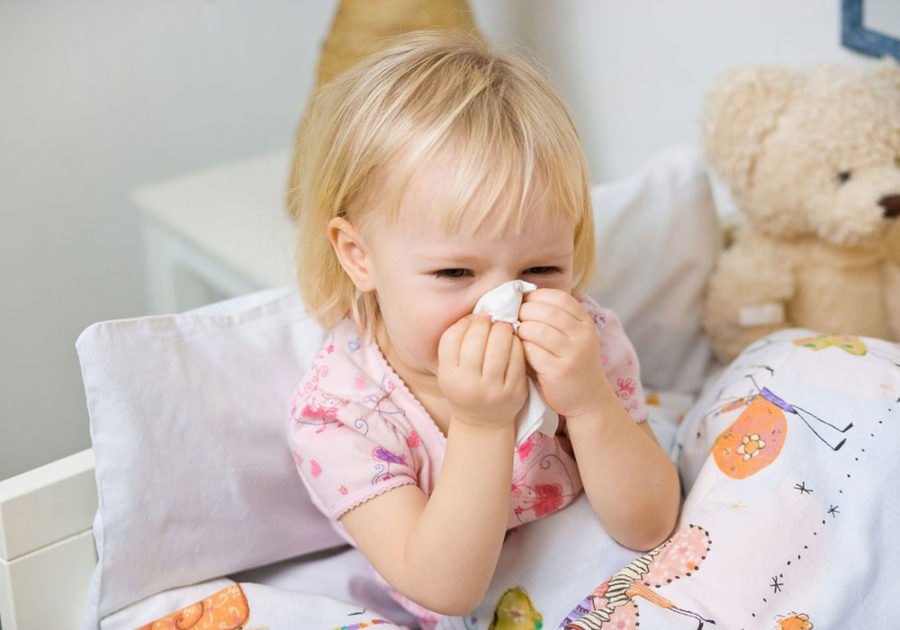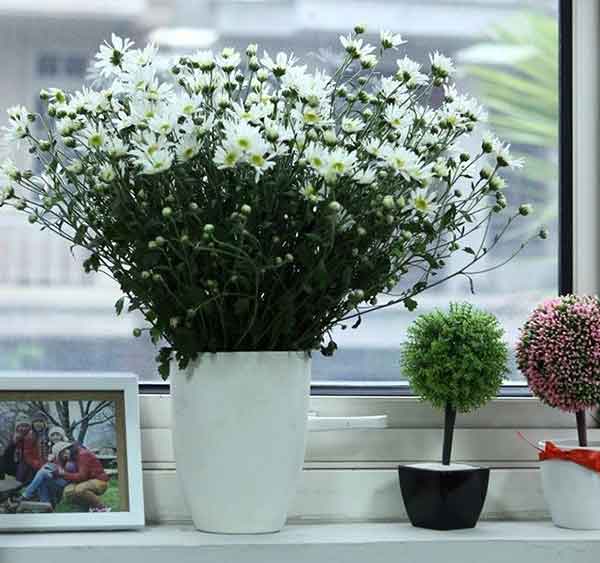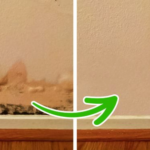According to doctors, it is not uncommon for children to be regularly taken to the hospital by their parents, even being quite familiar due to frequent illnesses or respiratory problems. In some cases, parents have changed many doctors, but their child still suffers from recurring issues such as nasal inflammation, sinusitis, or especially recurring middle ear inflammation. This causes significant concern for parents. If a child frequently experiences respiratory infections, in addition to strictly adhering to medication and following the direct guidance of the treating doctor, you should consider eliminating seemingly harmless factors that greatly affect the recurrence of respiratory infections in children. Specifically, these factors include:
1. Household dust
As the saying goes, “Clean house but there’s always dust when sweeping.” Your home has a lot of belongings, and there will always be dust that appears in corners of those belongings, from bed covers, curtains, wooden furniture, even rust on utensils… In addition, there is dust from the environment that comes in through windows, ventilation… For families with children who frequently suffer from respiratory infections, you should increase the frequency of daily house cleaning.

2. Mold
According to experts, children with allergies have a respiratory system that is also very sensitive to mold. Therefore, for children who frequently have sneezing, you should avoid exposing them to mold, such as playing in places with curtains that are not regularly washed, places with damp or water-damaged walls, restrict the use of carpets, avoid playing in rainy forests… At the same time, it is necessary to limit the replacement of curtains, bed covers, wash pillowcases every 2 days, and promptly address water-damaged walls…
3. Pets
There are many cases where children with allergic rhinitis do not respond to medication. When investigating, it is discovered that the family keeps pets: cats, dogs, ornamental birds… And when the child is separated from these animals, they recover almost completely without the need for medication. If your family has pets, you should not let children get too close to them. If you want to, make sure the pets have been cleaned and pose no danger to children.

4. Perfume, room sprays, or deodorants in the bathroom
These are substances that come into contact with children but are often overlooked by parents. Some people have found that when they don’t use perfume, their children are less likely to get sick. Or when you notice that the bathroom smells bad, you use deodorant… and immediately, the child visits the ENT doctor more often. Therefore, you should pay attention to changes in your child and adjust accordingly in these situations.
5. Indoor plants and flowers
Plants and flowers add colors to any home, but they can be the cause of nasal sinusitis for children or even for yourself. Flowers with high pollen counts, such as chrysanthemums, can be particularly harmful to sinuses. Indoor plants such as climbing plants, wood-stemmed plants… can produce allergens through their sap, which can cling to dust particles. Instead, choose plants with low pollen counts that truly purify the air, such as snake plants.

6. Using swimming pools
Swimming is a sport that is beneficial to health, especially for the muscular and skeletal systems. However, if you use uncontrolled chemicals in the pool or when there is a large temperature difference between the pool water and the environment, or in windy places… the respiratory tract is prone to damage.
Dealing with Mold Odors at Home During Humid Weather
 Mold Odors at Home During Humid Weather’>
Mold Odors at Home During Humid Weather’>Identifying the source of mold and its accompanying odors is essential to finding the best course of action for dealing with the issue.




































